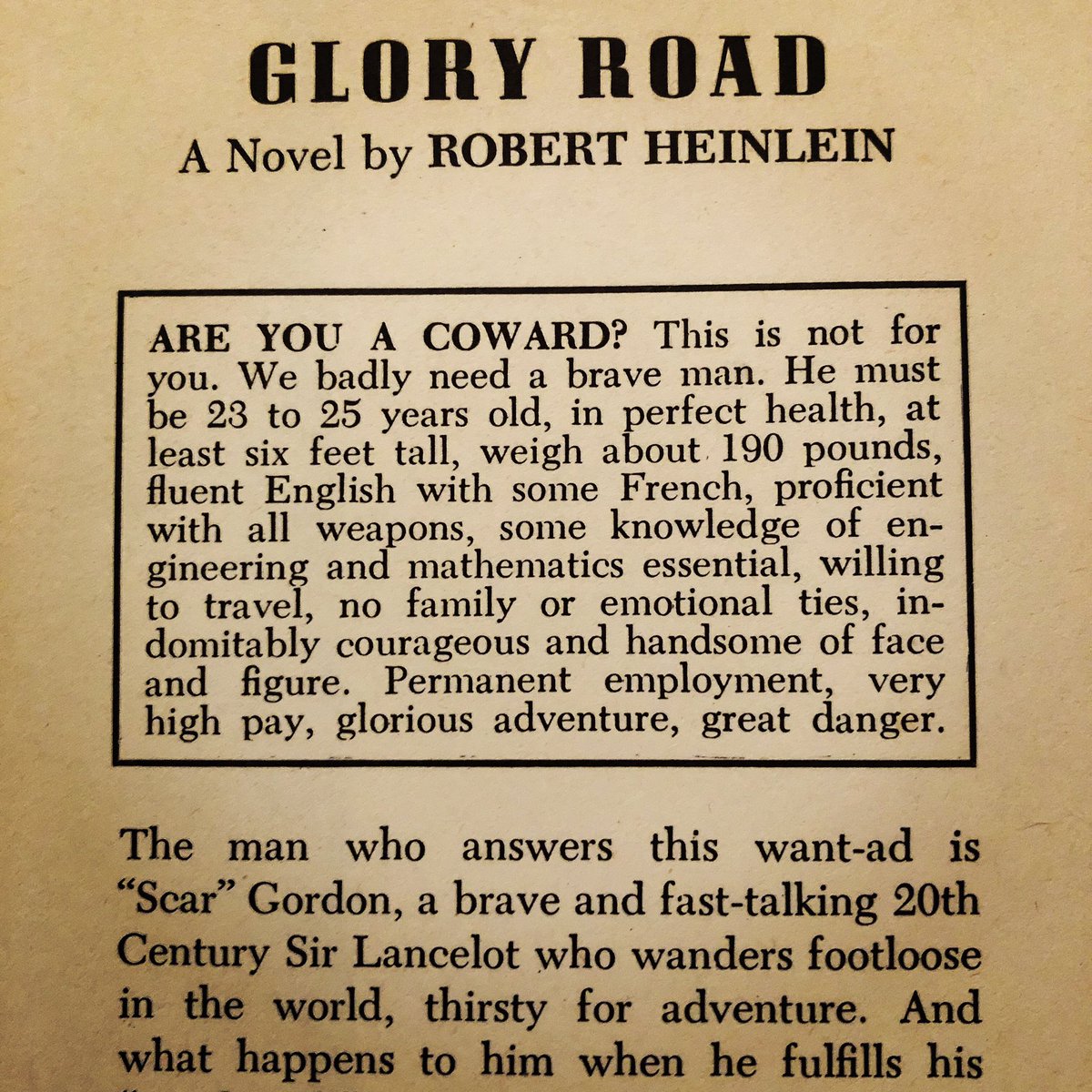200 new followers since yesterday. Folks asking where to find my other writing, so I'm making a pinned 🧵.
My first published story, "The God Whisperer," appeared in Writers of the Future Volume 31.
You can read it free on my website: brainleakage.com/blog/the-god-w……
1/
My first published story, "The God Whisperer," appeared in Writers of the Future Volume 31.
You can read it free on my website: brainleakage.com/blog/the-god-w……
1/

"The God Emperor of Lassie Point" is a MilSF/Space Opera satire, about a Laundryman 3rd Class who accidentally becomes a messianic leader.
You can find it in the anthology ALIEN ARTIFACTS:
amazon.com/Alien-Artifact…
2/
You can find it in the anthology ALIEN ARTIFACTS:
amazon.com/Alien-Artifact…
2/

"Mistaken Identity" is a satire on the superhero genre, particularly Batman.
An Assistant DA becomes the unfortunate target of an unhinged vigilante called The Night Mallard.
You can find it in Unidentified Funny Objects 5: a.co/d/0gJjE4F
3/
An Assistant DA becomes the unfortunate target of an unhinged vigilante called The Night Mallard.
You can find it in Unidentified Funny Objects 5: a.co/d/0gJjE4F
3/

"Pilot Program" is a dark comedy about a future veteran struggling against soulless bureaucracy of the Department of Interstellar Veteran's Affairs.
My second pro fiction sale.
You can find it in Galaxy's Edge Magazine Issue 29: a.co/d/gXZwUpU
4/
My second pro fiction sale.
You can find it in Galaxy's Edge Magazine Issue 29: a.co/d/gXZwUpU
4/

"Pax Mechanica" is an alt-history SF tale, about a steam-powered Roman war machine in Celtic Britain.
My first straight adventure piece. Also, I got to appear in a cool-looking hardcover alongside Robert E. Howard.
You can find it in Swords & Steam: a.co/d/j9R7mzo
5/
My first straight adventure piece. Also, I got to appear in a cool-looking hardcover alongside Robert E. Howard.
You can find it in Swords & Steam: a.co/d/j9R7mzo
5/

"Antares Needs Actors" is a tribute to the classic Sword & Planet pulps, especially Edmond Hamilton's "Kaldar, World of Antares."
You can find it in Galaxy's Edge Magazine, Issue 61 a.co/d/dYjL9Eg
6/
You can find it in Galaxy's Edge Magazine, Issue 61 a.co/d/dYjL9Eg
6/

ELF HARD is a Christmas story about a misfit human raised by elves. He can't do anything right. His supervisor at the toy factory hates him. Life couldn't get worse.
Then the terrorists attack.
Short novel. You can find it here: a.co/d/58GvCw2
7/
Then the terrorists attack.
Short novel. You can find it here: a.co/d/58GvCw2
7/

"The Isekai Detective" is a serial about a Private Eye who specializes in cross-world investigations.
If they go missing, you call the cops. If they disappear into another world, you call Dillon Cross.
You can read it free here: royalroad.com/fiction/57445/…
8/
If they go missing, you call the cops. If they disappear into another world, you call Dillon Cross.
You can read it free here: royalroad.com/fiction/57445/…
8/
"The Dungeon Mucker" is a serial about a lovesick orc, and his attempts to win the filthy, blackened heart of the Dark Lord's head torturer.
You can read it for free here: royalroad.com/fiction/61176/…
9/
You can read it for free here: royalroad.com/fiction/61176/…
9/
"The Meat Shields" is a serial about a band of mercenaries in a #DnD-like game world. Contains both isekai and #GameLit elements.
Inspired by Glenn Cook's BLACK COMPANY, Xenophon's ANABASIS, and a bunch of shitty anime.
You can read it free here: royalroad.com/fiction/65442/…
10/
Inspired by Glenn Cook's BLACK COMPANY, Xenophon's ANABASIS, and a bunch of shitty anime.
You can read it free here: royalroad.com/fiction/65442/…
10/
• • •
Missing some Tweet in this thread? You can try to
force a refresh

 Read on Twitter
Read on Twitter

























